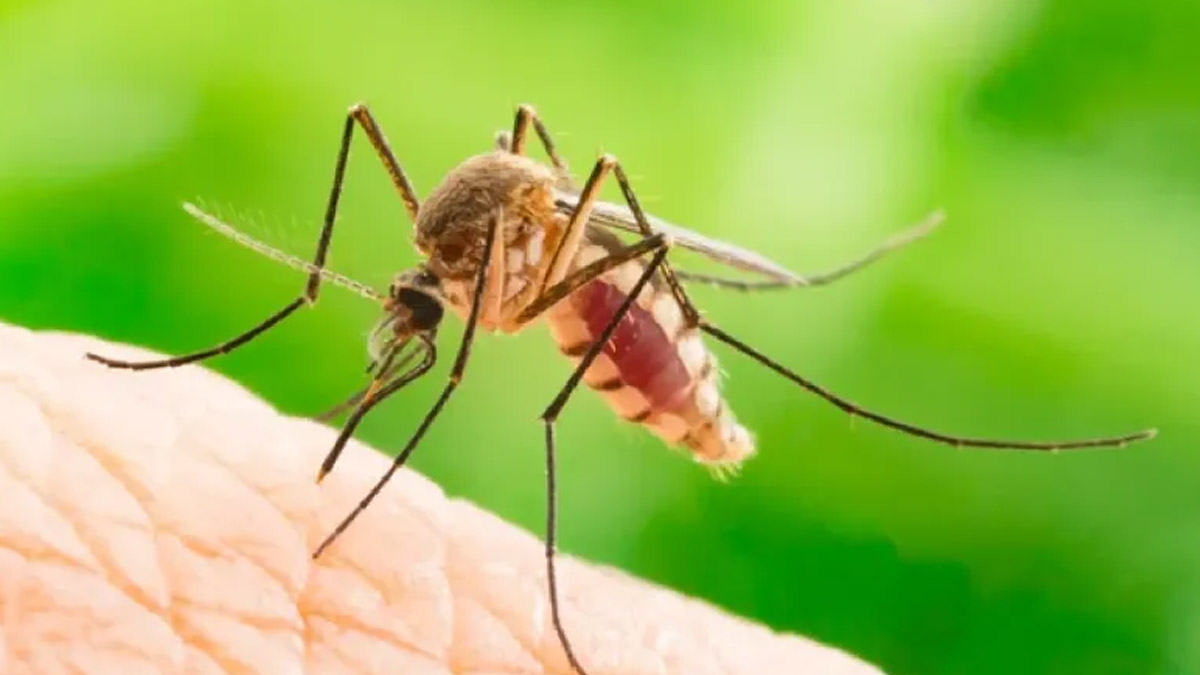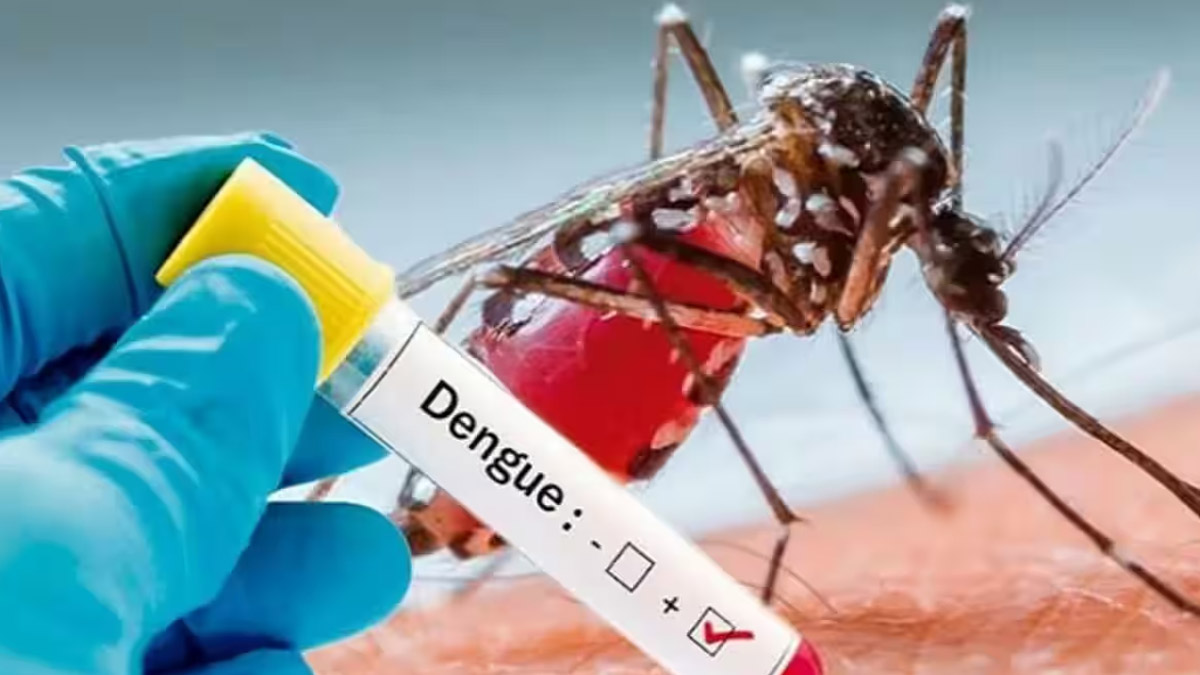
Nagpur, a prominent city in Maharashtra, India, is grappling with a critical public health crisis as a surge in Chikungunya and Dengue cases overwhelms local healthcare systems. The municipal authorities have declared a public health emergency in response to the alarming increase in mosquito-borne illnesses, prompting a swift and comprehensive action plan to curb the outbreak and safeguard public health.
Table of Content:-
The Rising Threat of Chikungunya and Dengue
Understanding Chikungunya
Chikungunya is an arboviral disease transmitted primarily by Aedes mosquitoes, notably Aedes aegypti and Aedes albopictus. This illness is characterized by high fever, severe joint pain, muscle aches, headaches, and rash. Although Chikungunya is rarely fatal, the persistent joint pain can severely impact a person's quality of life, with symptoms lingering for weeks or even months. The disease's debilitating nature can strain healthcare systems and diminish productivity, highlighting the need for effective intervention.
The Dangers of Dengue
Dengue fever, another serious mosquito-borne viral infection, presents a range of symptoms from mild flu-like manifestations to severe, life-threatening conditions such as Dengue Hemorrhagic Fever (DHF) and Dengue Shock Syndrome (DSS). Dengue is particularly dangerous because of its potential to cause significant health complications and fatalities if not promptly treated. Early diagnosis and timely medical care are crucial to managing the disease and preventing severe outcomes.

Factors Contributing to the Outbreak
Impact of the Monsoon Season
The monsoon season in India plays a pivotal role in the spread of mosquito-borne diseases. The heavy rains lead to the accumulation of stagnant water, which serves as an ideal breeding ground for mosquitoes. Coupled with high humidity, these conditions facilitate rapid mosquito population growth, exacerbating the risk of Chikungunya and Dengue outbreaks. The seasonal pattern makes it imperative to implement effective vector control measures during this period to mitigate the risk.
Also Read: Rising Whooping Cough Cases In The UK Lead To Tenth Child Death
Inadequate Vector Control Measures
In urban areas like Nagpur, lapses in vector control efforts can significantly contribute to the spread of mosquito-borne diseases. Insufficient fogging operations, ineffective larviciding, and lack of community engagement can allow mosquito populations to thrive unchecked. Addressing these deficiencies is critical to controlling the current outbreak and preventing future incidents.
Response and Measures Taken
Declaration of Public Health Emergency
Nagpur's decision to declare a public health emergency underscores the severity of the situation and the necessity for immediate and robust action. This declaration enables the city to mobilize additional resources, coordinate emergency response efforts, and enhance healthcare capabilities to manage the crisis effectively. It also facilitates the prioritization of interventions and ensures that public health measures receive the attention and urgency they require.
Also Read: Kerala On Alert After Health Ministry Confirms Rising Cases Of Deadly Brain-Eating Amoeba
Intensified Vector Control Activities
In response to the outbreak, Nagpur has launched a series of intensified vector control measures aimed at reducing mosquito breeding sites and limiting disease transmission. Key actions include targeted fogging operations, which are designed to eliminate adult mosquitoes, and the application of larvicides to control mosquito larvae in standing water. Additionally, community clean-up drives are being organized to remove potential mosquito breeding grounds, further aiding in the reduction of mosquito populations.
Promoting Public Awareness and Education
A crucial component of the response strategy involves increasing public awareness about Chikungunya and Dengue. Informing residents about the symptoms of these diseases, preventive measures, and the importance of early medical consultation can significantly enhance community resilience. Through media campaigns, community outreach programs, and educational initiatives, authorities are working to ensure that individuals are well-informed and proactive in protecting themselves and their families from these illnesses.
Moving Forward: Ensuring Public Safety
Nagpur's public health emergency declaration reflects the city's commitment to addressing the surge in Chikungunya and Dengue cases with urgency and effectiveness. By focusing on enhanced vector control, bolstering healthcare infrastructure, and fostering community involvement, the city aims to mitigate the impact of these diseases and safeguard the well-being of its residents. It is essential for the community to remain vigilant, adhere to preventive measures, and seek prompt medical attention if symptoms arise. Collaborative efforts and continued vigilance will be key in overcoming this health crisis and ensuring a healthier future for Nagpur's residents.
Also watch this video
How we keep this article up to date:
We work with experts and keep a close eye on the latest in health and wellness. Whenever there is a new research or helpful information, we update our articles with accurate and useful advice.
Current Version